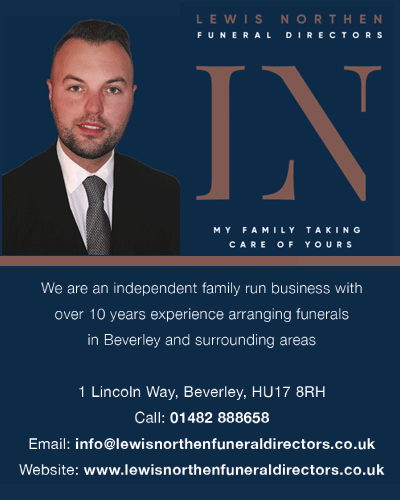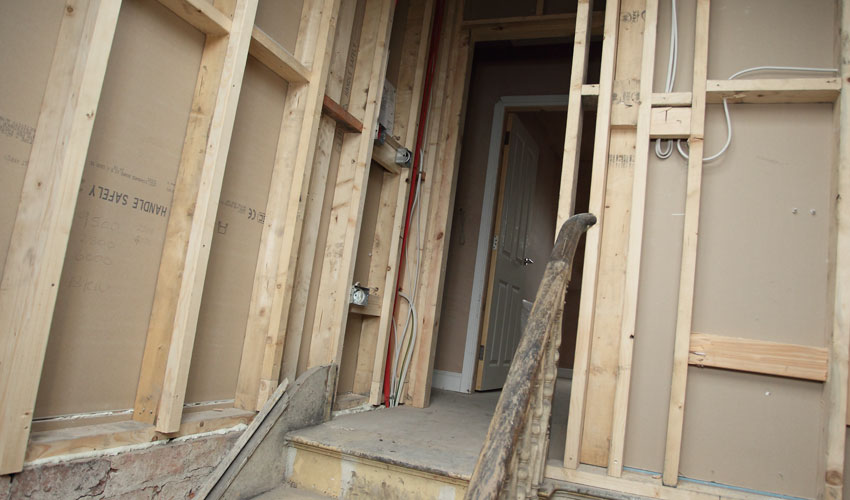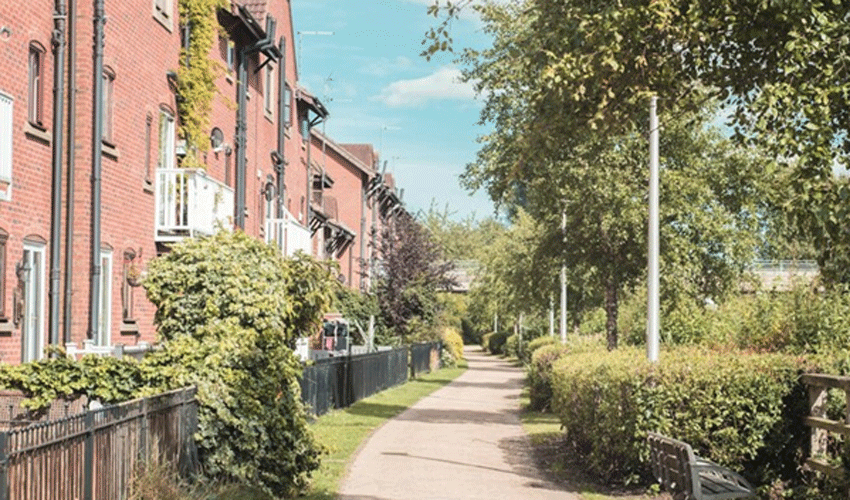
Work being carried out to support unpaid carers in the East Riding and the resources available to help them in their caring roles is due to be discussed by the area’s Health and Wellbeing Board.
In 2011 there were over 37,000 carers providing one or more hours of unpaid care per week in the East Riding, 8,500 of whom were providing 50 hours or more of care.
Projections suggest that the number of carers aged 65 and over will rise from 11,500 to 15,000, an increase of almost 30% by the year 2030.
In a ‘Joint Strategic Needs Assessment’ update, to be given when the board next meet on Thursday 16 March, they will hear of the steps that are being taken by East Riding of Yorkshire Council, the East Riding Carers Support Service alongside the East Riding Carers Advisory Group (CAG) to try and support unpaid carers.
The starting point for the work is a needs assessment to include quantitative data about unpaid carers, including Carers’ Stories which are being collected by the CAG, and information obtained from a multi-agency stakeholder event held in 2016 called ‘Carers Rights Day – Building Carer Friendly Communities.’
The update also covers other key priorities including tackling isolation and loneliness, and parenting skills. The report also covers an in-depth overview of drug and alcohol need and service response in the East Riding.
The Board will also receive a re-cap on the local strategy to reduce loneliness and isolation in the East Riding. This highlights a number of pilot projects including the successful Bridlington Pathfinder Project; East Riding Voluntary and Community Sector Better Care Project; and the council led Men in Sheds Withernsea project.
Councillor Jonathan Owen, chair of the Health and Wellbeing Board, said:
“The Joint Strategic Needs Assessment is a key piece of work that will help shape future health and wellbeing priorities for the East Riding. This in turn will influence commissioning decisions in order to improve health and wellbeing outcomes, and reduce inequalities, within the East Riding.
“The Board is an important tool in driving forward change in relation to the health and social care needs of East Riding residents and is the perfect platform from which to continue the good work that is already being done locally to address these key priorities.”
Other items on the agenda include the operational plan 2017-19 for NHS Vale of York Clinical Commissioning Group (CCG) and an update on the pharmaceutical needs assessment 2015-18.












